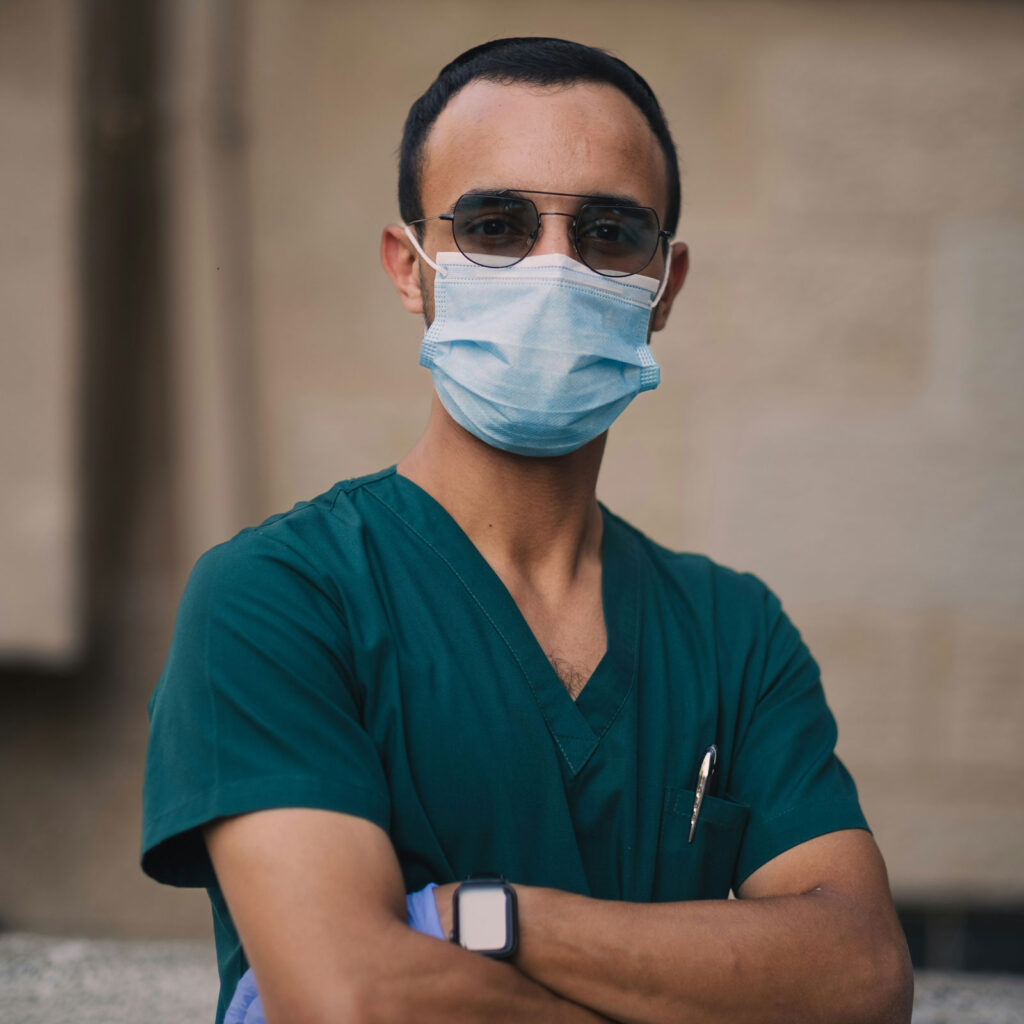“Get a BSN and a year of hospital experience.”
All of those aspects of training are important and would be covered in a BSN (Bachelor of Science in Nursing) program. You can also take community health workshops that would be a huge benefit. I do recommend having a bachelor’s, as many countries do not recognize an associate’s degree (ADN).
Working at least a year on the hospital floor in the U.S. would be important for bringing all your educational training together and develop your skills. I actually learned more my first year out of school than I did during my program. Surgery, Med-Surg, OB, and ER environments would all be wonderful places to get experience that would be very useful on the field.
You do not need a master’s, though it would be a wonderful asset and give you a stronger base of knowledge.
Answer from Lori, an RN who serves in Zimbabwe at Chidamoyo Christian Hospital.
“Training is desirable, a master’s is optional, but hospital experience is crucial.”
The type of training you seek will depend on your own special interests and on the makeup of the team with which you are likely to work. If your team is not involved in a hospital, then community health, pediatrics, and “village” obstetrics skills are very desirable. You do not need a master’s degree, though if you have one, it may help you to become an instructor in nursing in some countries.
As for hospital experience, it is crucial. Work in surgery, OB, ICU, or ER. Work anywhere that you may be called upon to make quick decisions and to act on that decision. In most mission situations, nurses will function at least at the level of resident house staff. You will not have the luxury of simply following a doctor’s orders. You must learn to think for yourself. This sounds scary, but with good training in your background and a few good textbooks handy, you can do it.
Answer from Donn, an MD who retired from ABWE (Association of Baptists for World Evangelism) after twenty-six years in Bangladesh.
“Get what you need on the field, before you go, or through a master’s program as a nurse practitioner.”
Further training is dependent upon where you will be serving, what facilities are available, and what you will be doing. If you will be serving in a hospital, you may get the experience you need in the field. If you do not know where you will be serving, however, I recommend at least one year hospital experience in a float position. This would provide a variety of nursing situations. After one year of hospital experience, an additional year in a community health setting that provides home visiting as well a clinical setting would round out the minimum experience necessary for service on the field.
If, however, your position will require you to be an independent practitioner, I would highly recommend a combined master’s/nurse practitioner (NP) program. Most countries do not recognize nurse practitionership, but do understand a master’s degree. The master’s degree provides credibility; the NP provides the experience required for independent practice.
Answer from Betty, an RN who served five years in Central Asia.
“Hospital experience for two years is valuable.”
Hospital experience for two years is valuable. If you have a special interest and ability in obstetrics then this avenue is wonderful. Nurses already engaged in ministry on the field can help you get established your first few years.
Answer from Harold Adolph, an MD who served in three Ethiopian hospitals over thirty years.
“Yes, get hospital experience.”
Community health is helpful but not necessary. A master’s degree as a Family Nurse Practitioner is most helpful. Yes, hospital experience is really necessary in that you learn organizational skills.
Answer from Elizabeth, missionary nurse to Zambia.
“Get a master’s degree and a year of experience.”
Yes, I strongly advise a master’s degree and some experience (at least one year) before seeking to serve overseas. Depending on the country in which you will serve, the higher degree may be mandatory or only optional.
In any case, all of these are highly useful areas in which to have additional theoretical knowledge and practical experience.
Answer from Cynthia Hale, who served as an MD under the United Mission to Nepal.
“It depends where you will serve.”
Different kinds of skills and nursing specialties are needed. Chose a specialty that you feel comfortable with. You do not need a master’s degree before you leave for the mission field. However, having a master’s degree could be beneficial. Also having a hospital experience is good, but not a necessity.
It depends where you are going to serve. If you went to some developing nations, you would find their health care system very different from the west. You may find that they do not have even minimal infrastructure, resources, and expertise. You may find yourself involved in logistics of establishing infrastructures, etc. To be flexible and teachable is important.
Answer from David, an oral surgeon who served in Africa for ten years and has now been in Asia for four years.






